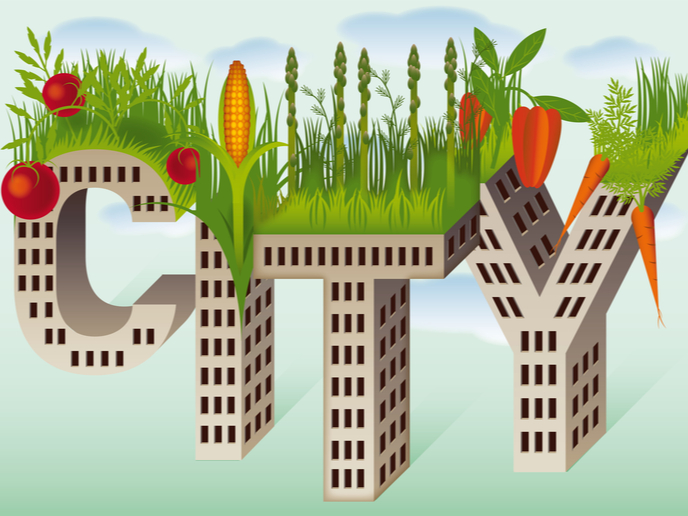Organic soils soundly beat conventional soils in pesticide residue level stakes
Farmers in Europe rely heavily on pesticides to secure crop yields. Each year, they use up to 370 000 tonnes of active substances – the components in pesticides that fight pests and diseases – for this purpose. However, such intensive pesticide use is leaving a mark on European soil. The residues left behind are harming our ecosystems and health. Aiming to provide a clearer picture of pesticide residue levels in European soils, a team of researchers supported by the EU-funded RECARE, iSQAPER and Diverfarming projects tested 340 topsoil samples from 3 European countries. “Considering that pesticides have been used in Europe for over 70 years, a system for monitoring pesticide residues in EU soils and their effects on soil health is long overdue,” state the authors in their study(opens in new window) published in the journal ‘Environmental Pollution’. The samples were taken from both conventional and organic farming systems covering four of Europe’s main crops: vegetables and oranges in Spain, grapes in Portugal and potatoes in the Netherlands. Soil samples were collected between 2015 and 2018, either before the growing season started or after harvest, depending on the crop. Samples taken at the end of the growing season were used to assess accumulative soil contamination after pesticide application – the expected worst-case scenario – while samples taken before the growing season were used to assess the background situation.
Organic versus conventional soils
Overall, results were disheartening. Pesticide residues were found in conventional and organic soil samples. All conventional samples contained residues, whether they’d been taken at the start of the season or after harvest. However, encouragingly, even though most organic soils also contained residue mixtures, levels in these soils were between 70 % and 90 % lower. Over 70 % of conventional soils contained mixtures of pesticide residues, with up to 16 different residues found per sample. However, significantly fewer residues were detected in organic soils, which contained mainly mixtures of two to five residues. The residues found most frequently and in the largest quantities were the herbicides glyphosate (and its main metabolite aminomethylphosphonic acid) and pendimethalin. The study’s findings highlight the huge knowledge gap that exists on how accumulated pesticide residue mixtures affect soil health. “The overall effect of the cocktails on soil health is unknown. Innovative tests are urgently required to test the effects of detected pesticide cocktails on soil health in a holistic way, before approving new pesticides for the EC market,” the authors urge in their study. They also recommend setting safety benchmarks for pesticide residue mixtures in all farming systems to protect not only soil health, but also soil biodiversity and food quality. Additionally, they emphasise the need to reconsider the time required for transitioning from conventional farming to certified organic farming. According to the researchers, this time should depend on the residue mixtures present in the soil at the starting point and how long they remain there. The study was led by Wageningen University & Research, the coordinator of the completed RECARE (Preventing and Remediating degradation of soils in Europe through Land Care) and iSQAPER (Interactive Soil Quality Assessment in Europe and China for Agricultural Productivity and Environmental Resilience) projects. The 5-year Diverfarming (Crop diversification and low-input farming across Europe: from practitioners engagement and ecosystems services to increased revenues and chain organisation) project ends in April 2022. For more information, please see: RECARE project web page(opens in new window) iSQAPER project website(opens in new window) Diverfarming project website(opens in new window)



